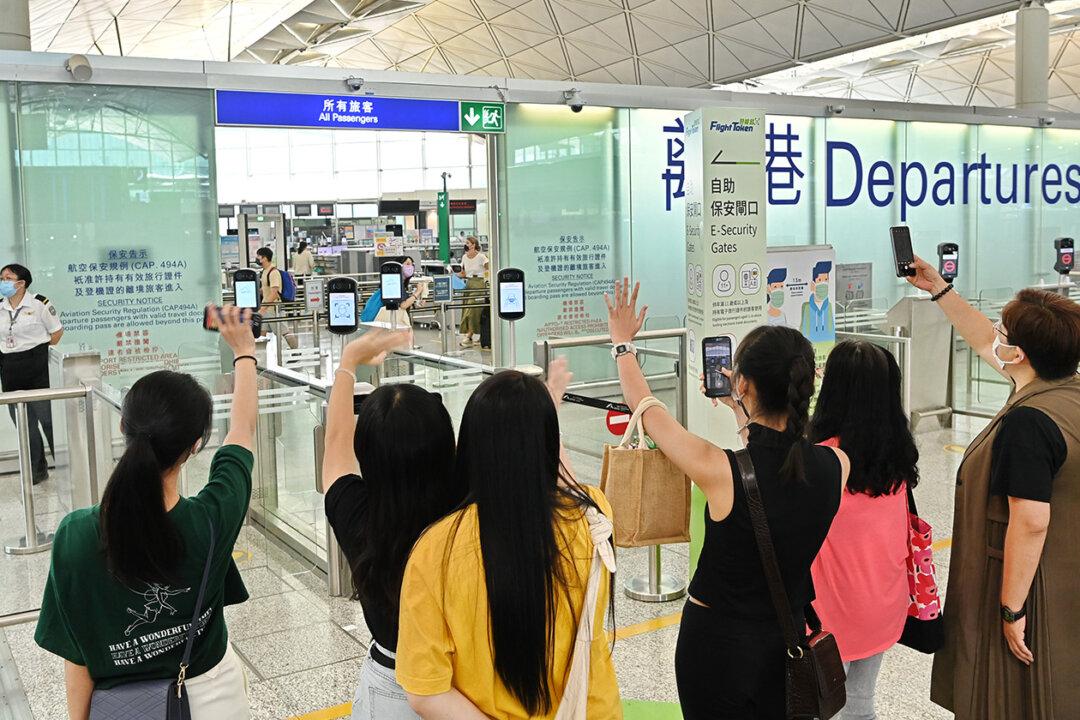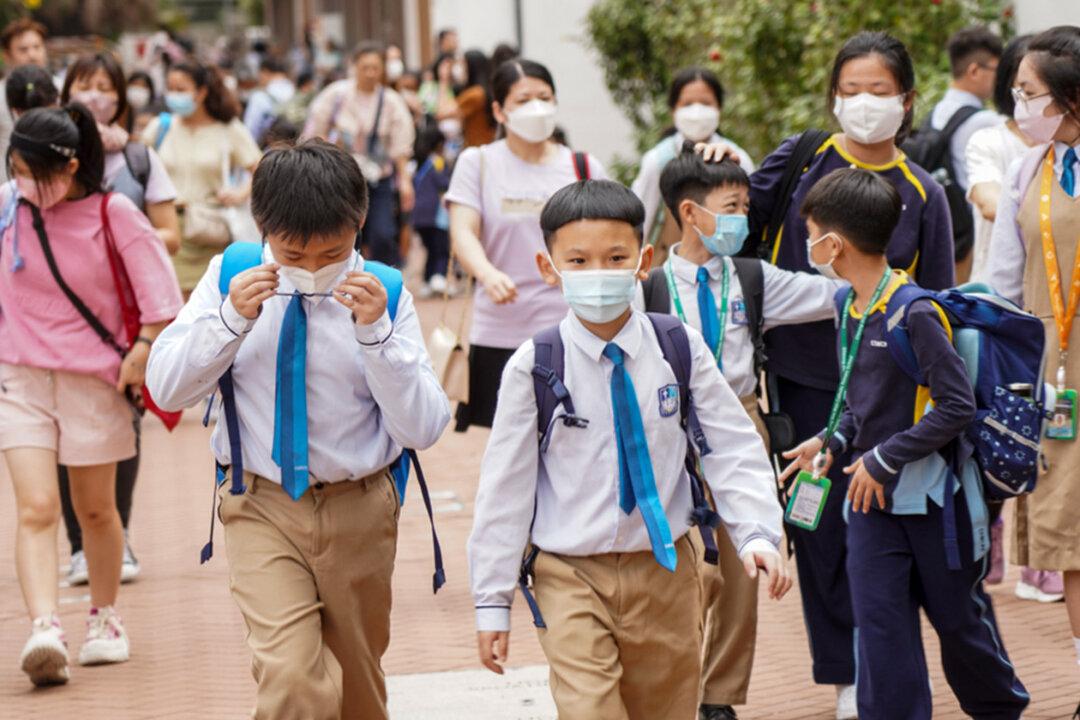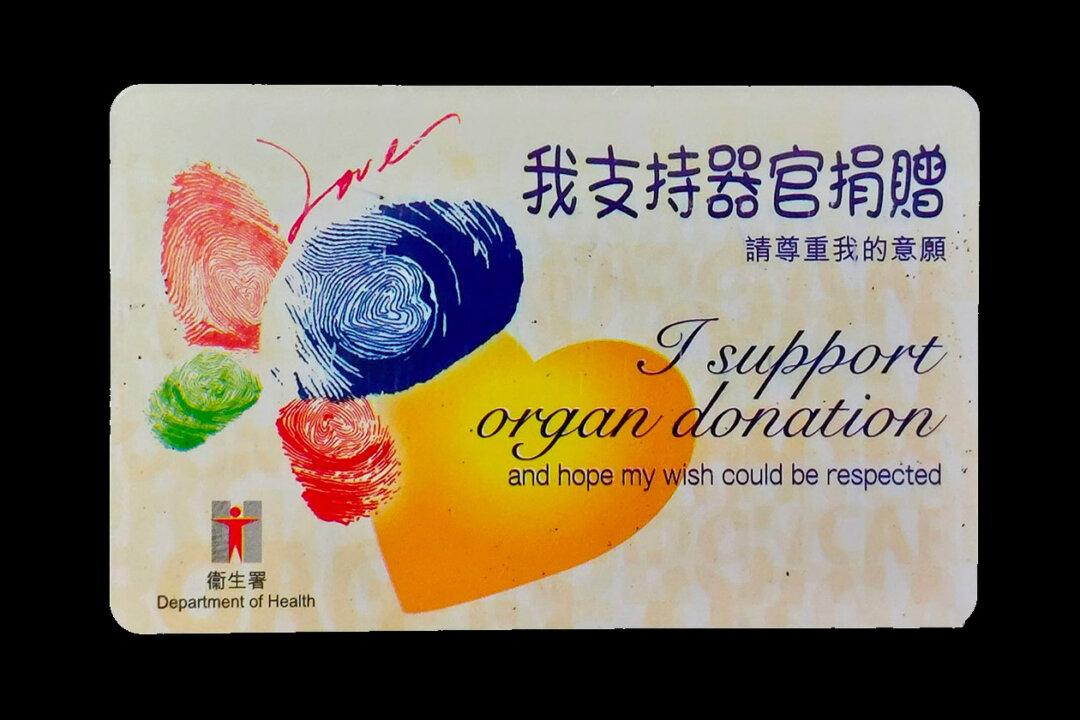The International Day of Happiness is designated by the United Nations and is celebrated on March 20 each year. The latest World Happiness Report ranks Hong Kong 82nd out of 137 countries and regions, down one place from last year. The most popular places for Hong Kong people to migrate to include the United Kingdom, Canada, Australia, and the United States, placed 19th, 13th, 12th, and 15th, respectively.
The report surveyed 100,000 people worldwide and measures the average happiness index for the three years from 2020 to 2022 based on six factors: GDP per capita, healthy life expectancy, social support, freedom to make life choices, generosity, and perception of corruption. Hong Kong’s score is only 5.308 out of a perfect score of ten, lower than Taiwan and Mainland China.




